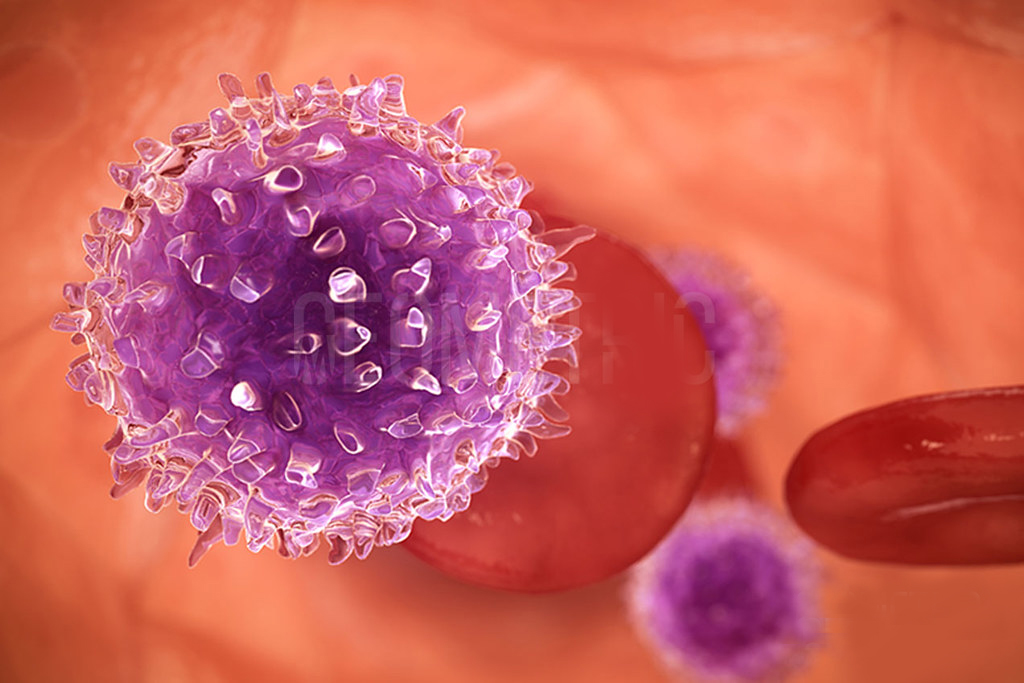T cells are specialised immune cells that are central to the complex, adaptive immune response to infection and disease. T cells are “trained” to recognise specific fragments or components of viruses, bacteria, and other pathogens (e.g. a component of the influenza virus or tuberculosis bacterium).
During an infection, those T cells that recognise the infectious agent will be activated to respond – either killing infected cells or coordinating the attack. Following infection, a pool of memory T cells remains in the body to provide better and faster responses upon re-encountering the same pathogen because they are already trained to recognise it. Some memory T cells permanently reside in the site of infection where they are poised to mediate local immune responses should the pathogen come back. They are hence regarded as “tissue-resident memory T cells” and reside in tissues that are common sites of infection, including the skin, intestine and liver, where they elicit site-specific responses.
Join Professor Laura Mackay from the Peter Doherty Institute for Infection and Immunity, whose work has been instrumental in the discovery of these cells and their role, to learn about recent advances in understanding the biological functions of these cells and their critical role in providing protection against infection and cancer. Laura’s work offers new insights to treatment and opportunities for the development of novel immunotherapies.
Tickets are available below to participate in the webinar via Zoom and/or Eventbrite. RSV Members are prompted to enter their promotional code to access a member’s ticket. Alternatively, you can watch along via Facebook Live at the appointed time without buying a ticket….read more.


